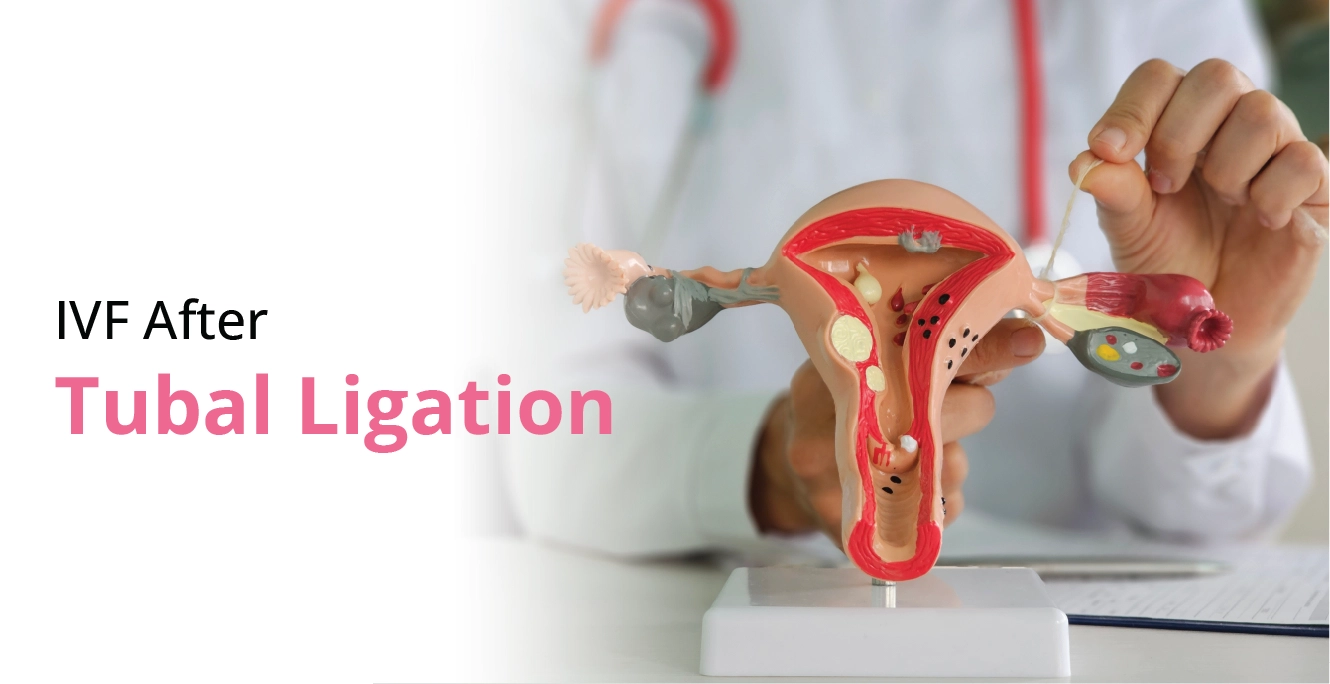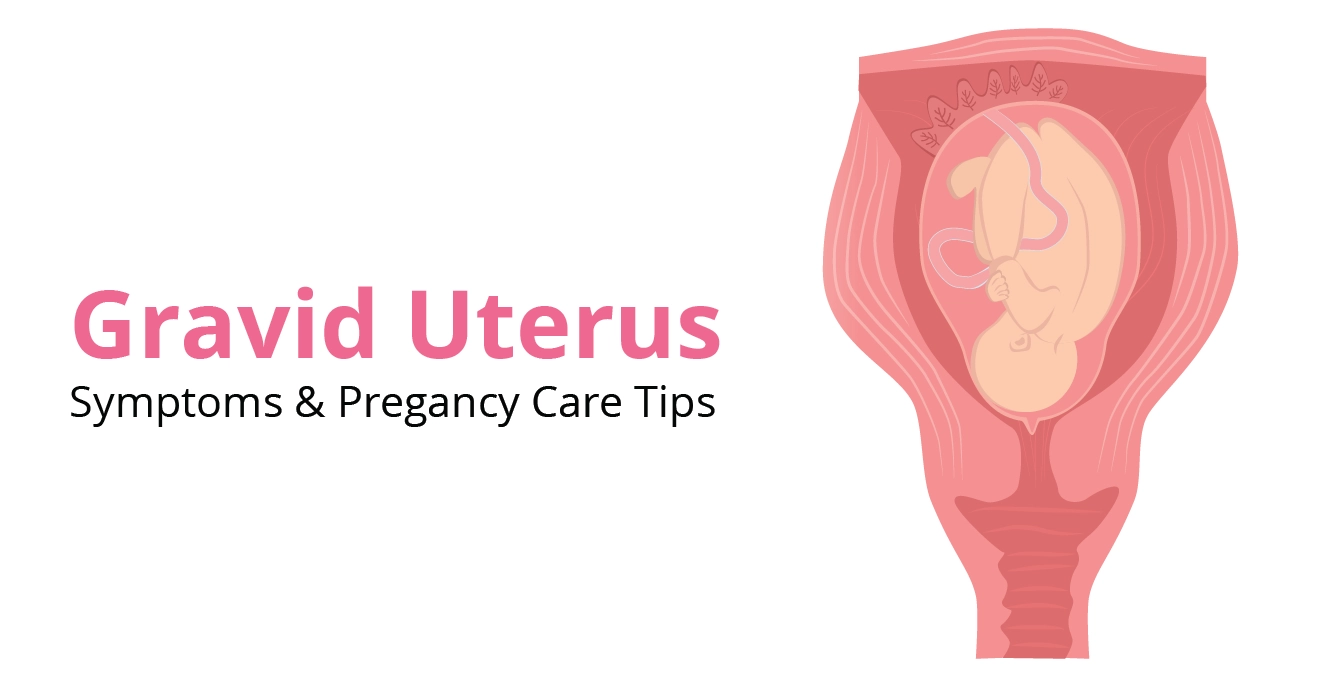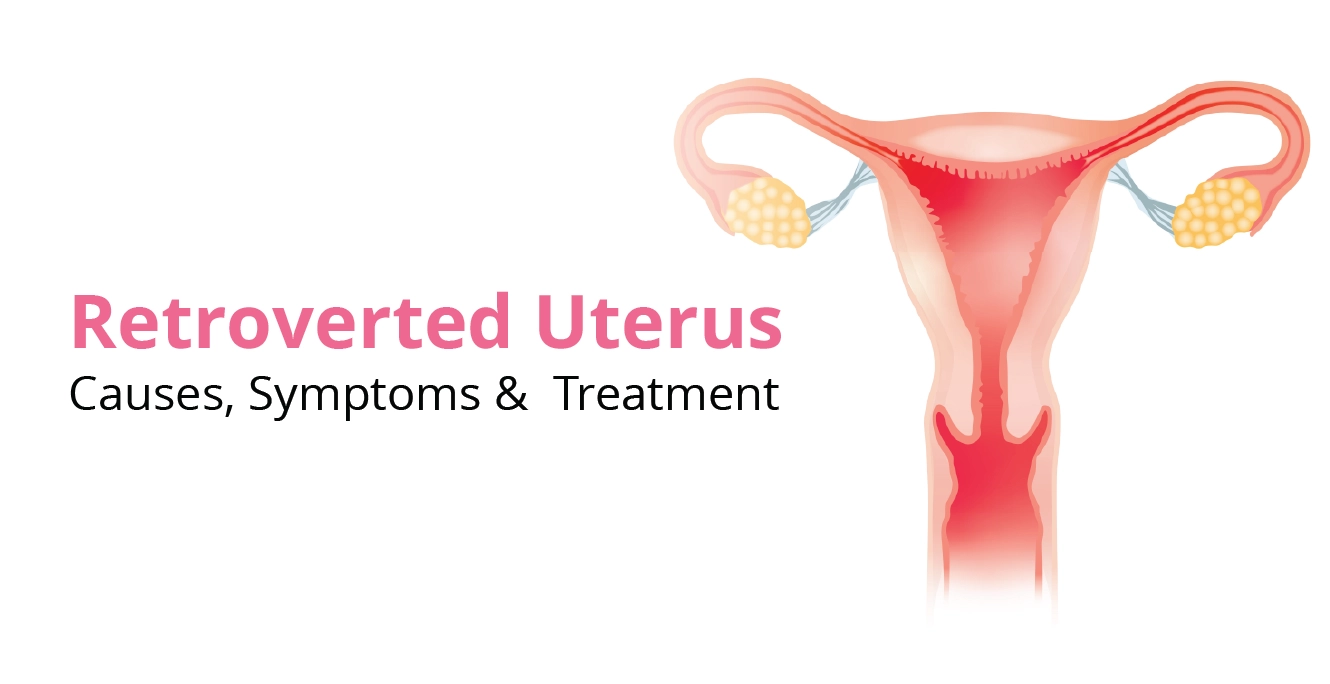Analysis of Infectious Chronic Endometritis
ALICE (analysis of infectious chronic endometritis) is a specialised diagnostic service that identifies chronic endometrial infections, which can affect fertility. This service helps diagnose and treat chronic endometritis, improving the chances of successful implantation and pregnancy.

What is ALICE?
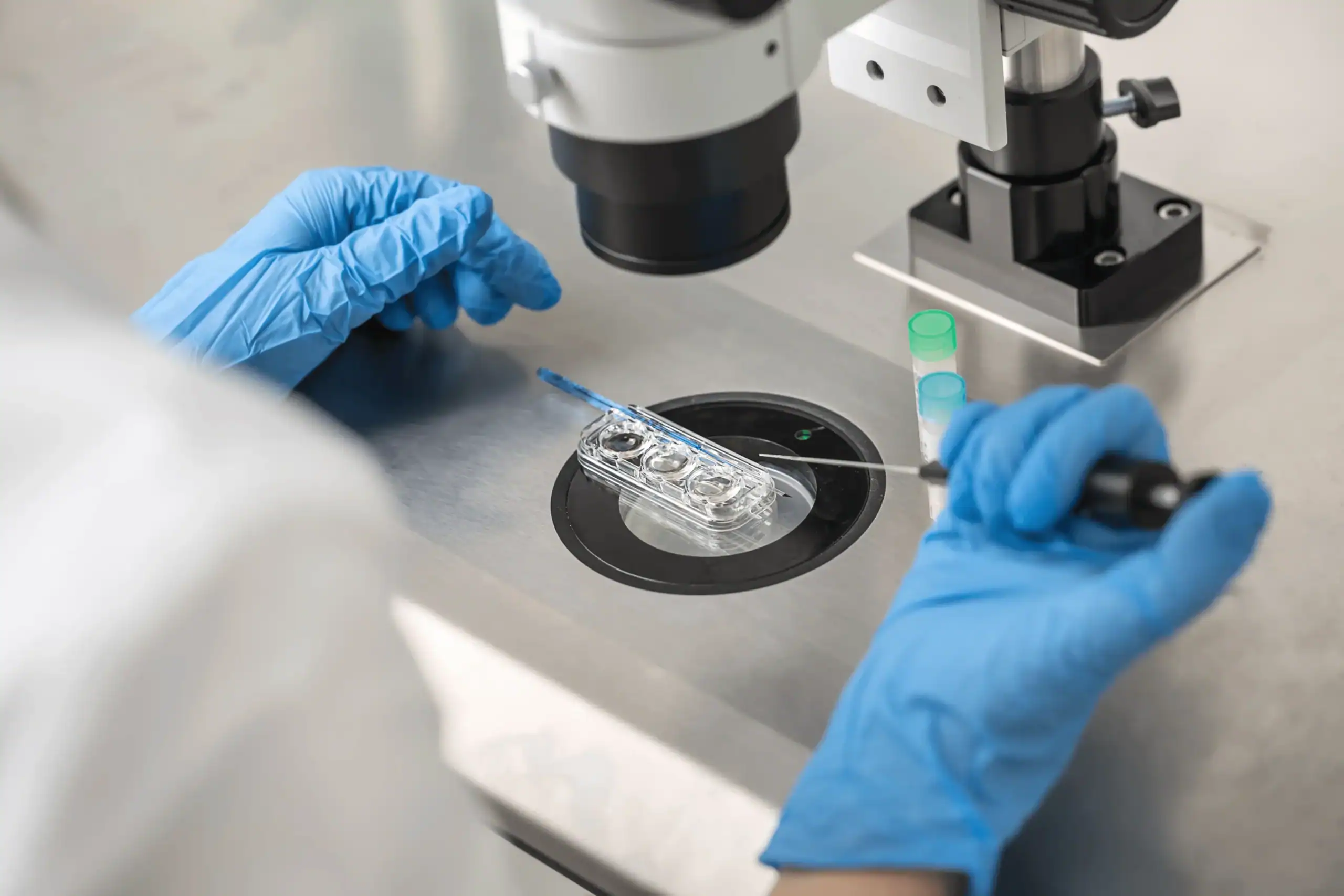
ALICE is a diagnostic test designed to detect chronic endometritis, an inflammatory infection of the endometrial lining caused by harmful bacteria.
The primary purpose of ALICE is to identify chronic infections in the endometrium that may be missed by standard tests. Detecting these infections allows for targeted antibiotic treatments to restore a healthy endometrial environment.
ALICE is necessary for several reasons. Here are a few:
-
Improved Fertility Outcomes: By identifying chronic endometritis, ALICE enhances the chances of successful implantation.
-
Better Pregnancy Rates: Addressing chronic infections leads to higher pregnancy rates and reduces the risk of miscarriages.
-
Clear Understanding: Provides insights into underlying fertility issues, guiding treatment plans for better reproductive health.
Why is ALICE Done?
-
Assess Endometrial Health: ALICE provides a comprehensive assessment of endometrial health by detecting chronic infections. This detailed evaluation is crucial for ensuring a healthy environment for embryo implantation.
-
Identify Dysbiosis: ALICE identifies dysbiosis, as an imbalance between beneficial and harmful bacteria in the endometrium. Dysbiosis can cause chronic endometritis, leading to fertility issues.
-
Improve Treatment Outcomes: The insights gained from ALICE allow for personalised treatment plans that address specific microbial imbalances, leading to better reproductive outcomes. This targeted approach enhances the chances of successful implantation and pregnancy by ensuring that any underlying infections are treated effectively.

How is ALICE Done?
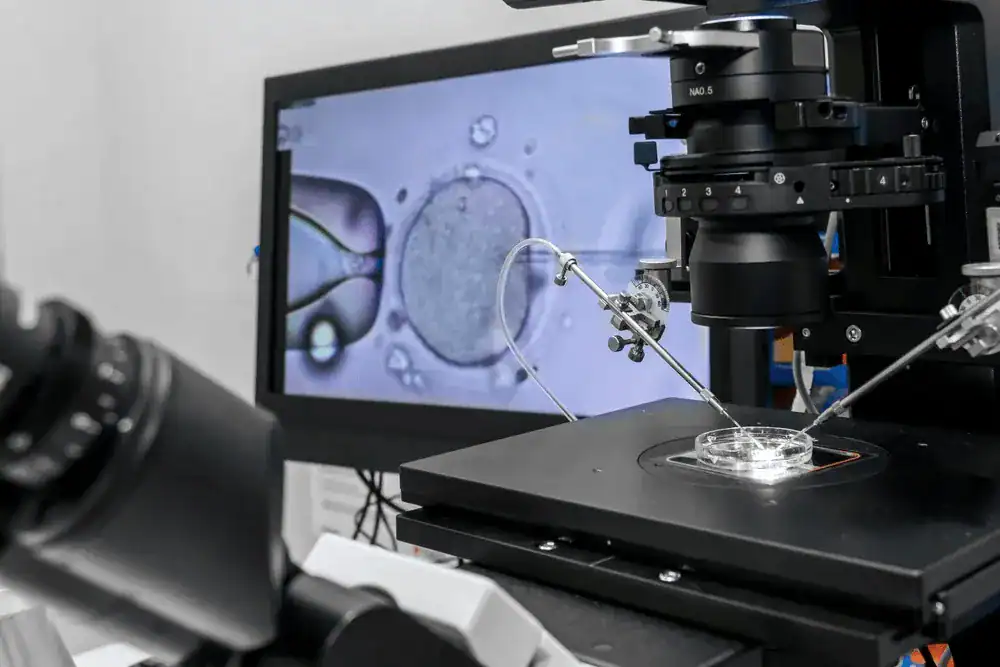
Typically, a consultation is scheduled with a specialist to discuss the ALICE procedure and its importance, who will prepare you for sample collection. The expert will ask about your medical history and previous fertility treatments to customise the procedure according to your specific needs. After that the following process takes place:
-
Endometrial Sample Collection: A small tissue sample is collected from the lining of the uterus using a thin, flexible catheter. The process typically takes only a few minutes and can be done in an outpatient setting.
-
Laboratory Analysis: The collected sample is preserved and sent to a specialised laboratory equipped for detailed analysis. Later, microbial analysis happens where the sample undergoes testing to identify the presence of specific bacteria associated with chronic endometritis.
-
Reports Evaluation: The lab results are evaluated by specialists to determine the presence and levels of harmful bacteria in the endometrium. You will have a follow-up consultation with your doctor to discuss the results. Based on the results, the treatment plan will be tailored to enhance your chances of successful implantation and pregnancy.
Why Choose Us
Choosing the right fertility clinic is crucial for starting your family. At Birla Fertility & IVF, we offer personalised care with expert specialists guiding you every step of the way. Our advanced labs and outstanding success rates have helped over 2,30,000 patients achieve their dream of parenthood.
Benefits of Preimplantation Genetic Screening
Frequently Asked Questions
Recent Blogs
Book an appointment
Hassle-Free Appointment Booking
Select Preferences
I know my doctor
Endometriosis Cost in Different Cities
- Endometriosis Treatment Cost in India
- Endometriosis Treatment Cost in Jalandhar
- Endometriosis Treatment Cost in Siliguri
- Endometriosis Treatment Cost in Perinthalmanna
- Endometriosis Treatment Cost in Patna
- Endometriosis Treatment Cost in Chennai
- Endometriosis Treatment Cost in Vijayapura
- Endometriosis Treatment Cost in Mumbai
- Endometriosis Treatment Cost in Kolar
- Endometriosis Treatment Cost in Bangalore
- Endometriosis Treatment Cost in Thrissur
- Endometriosis Treatment Cost in Salem
- Endometriosis Treatment Cost in Palakkad
- Endometriosis Treatment Cost in Mangalore
- Endometriosis Treatment Cost in Kannur
- Endometriosis Treatment Cost in Kozhikode
- Endometriosis Treatment Cost in Bhopal
- Endometriosis Treatment Cost in Indore
- Endometriosis Treatment Cost in Hyderabad
- Endometriosis Treatment Cost in Nagpur
- Endometriosis Treatment Cost in Jaipur
- Endometriosis Treatment Cost in Raipur
- Endometriosis Treatment Cost in Guwahati
- Endometriosis Treatment Cost in Chandigarh
- Endometriosis Treatment Cost in Ranchi
- Endometriosis Treatment Cost in Ahmedabad
- Endometriosis Treatment Cost in Surat
- Endometriosis Treatment Cost in Cuttack
- Endometriosis Treatment Cost in Bhubaneswar
- Endometriosis Treatment Cost in Howrah
- Endometriosis Treatment Cost in Kolkata
- Endometriosis Treatment Cost in Meerut
- Endometriosis Treatment Cost in Prayagraj
- Endometriosis Treatment Cost in Noida
- Endometriosis Treatment Cost in Gorakhpur
- Endometriosis Treatment Cost in Varanasi
- Endometriosis Treatment Cost in Lucknow
- Endometriosis Treatment Cost in Rewari
- Endometriosis Treatment Cost in Gurgaon
- Endometriosis Treatment Cost in Delhi
Endometriosis Treatment in Different Cities
- Endometriosis Treatment in Jalandhar
- Endometriosis Treatment in Perinthalmanna
- Endometriosis Treatment in Thrissur
- Endometriosis Treatment in Palakkad
- Endometriosis Treatment in Kannur
- Endometriosis Treatment in Kozhikode
- Endometriosis Treatment in Ranchi
- Endometriosis Treatment in Patna
- Endometriosis Treatment in Varanasi
- Endometriosis Treatment in Gorakhpur
- Endometriosis Treatment in Meerut
- Endometriosis Treatment in Prayagraj
- Endometriosis Treatment in Kolar
- Endometriosis Treatment in Salem
- Endometriosis Treatment in Vijayapura
- Endometriosis Treatment in Nagpur
- Endometriosis Treatment in Raipur
- Endometriosis Treatment in Rewari
- Endometriosis Treatment in Jaipur
- Endometriosis Treatment in Guwahati
- Endometriosis Treatment in Siliguri
- Endometriosis Treatment in Howrah
- Endometriosis Treatment in Indore
- Endometriosis Treatment in Bhopal
- Endometriosis Treatment in Bhubaneswar
- Endometriosis Treatment in Cuttack
- Endometriosis Treatment in Surat
- Endometriosis Treatment in Ahmedabad
- Endometriosis Treatment in Mangalore
- Endometriosis Treatment in Chandigarh
- Endometriosis Treatment in Hyderabad
- Endometriosis Treatment in Lucknow
- Endometriosis Treatment in Bangalore
- Endometriosis Treatment in Chennai
- Endometriosis Treatment in Mumbai
- Endometriosis Treatment in Kolkata
- Endometriosis Treatment in Noida
- Endometriosis Treatment in Gurgaon
- Endometriosis Treatment in Delhi
Endometriosis Doctors in Different Cities
- Best Endometriosis Treatment Specialists in Jalandhar
- Endometriosis Treatment Specialists in India
- Endometriosis Treatment Specialists in Perinthalmanna
- Endometriosis Treatment Specialists in Thrissur
- Endometriosis Treatment Specialists in Palakkad
- Endometriosis Treatment Specialists in Kannur
- Endometriosis Treatment Specialists in Kozhikode
- Endometriosis Treatment Specialists in Ranchi
- Endometriosis Treatment Specialists in Patna
- Endometriosis Treatment Specialists in Varanasi
- Endometriosis Treatment Specialists in Gorakhpur
- Endometriosis Treatment Specialists in Meerut
- Endometriosis Treatment Specialists in Allahabad
- Endometriosis Treatment Specialists in Kolar
- Endometriosis Treatment Specialists in Salem
- Endometriosis Treatment Specialists in Vijayapura
- Endometriosis Treatment Specialists in Nagpur
- Endometriosis Treatment Specialists in Raipur
- Endometriosis Treatment Specialists in Rewari
- Endometriosis Treatment Specialists in Jaipur
- Endometriosis Treatment Specialists in Guwahati
- Endometriosis Treatment Specialists in Siliguri
- Endometriosis Treatment Specialists in Howrah
- Endometriosis Treatment Specialists in Indore
- Endometriosis Treatment Specialists in Bhopal
- Endometriosis Treatment Specialists in Bhubaneswar
- Endometriosis Treatment Specialists in Cuttack
- Endometriosis Treatment Specialists in Surat
- Endometriosis Treatment Specialists in Ahmedabad
- Endometriosis Treatment Specialists in Mangalore
- Best Endometriosis Treatment Specialists in Chandigarh
- Best Endometriosis Treatment Specialists in Hyderabad
- Best Endometriosis Treatment Specialists in Lucknow
- Best Endometriosis Treatment Specialists in Bangalore
- Best Endometriosis Treatment Specialists in Chennai
- Best Endometriosis Treatment Specialists in Mumbai
- Best Endometriosis Treatment Specialists in Noida
- Best Endometriosis Treatment Specialists in Kolkata
- Best Endometriosis Treatment Specialists in Gurgaon
- Best Endometriosis Treatment Specialists in Delhi

 Our Centers
Our Centers



















